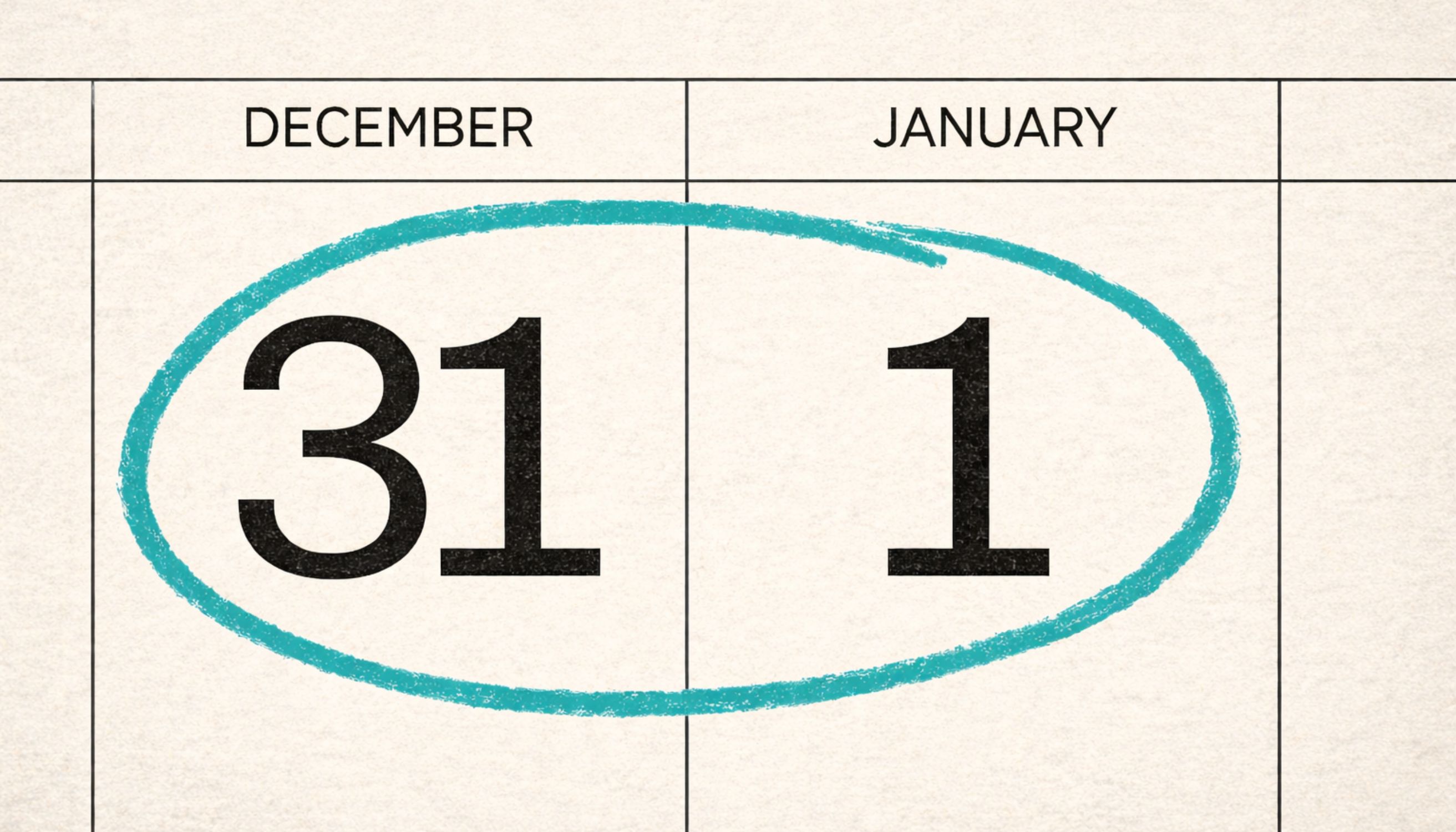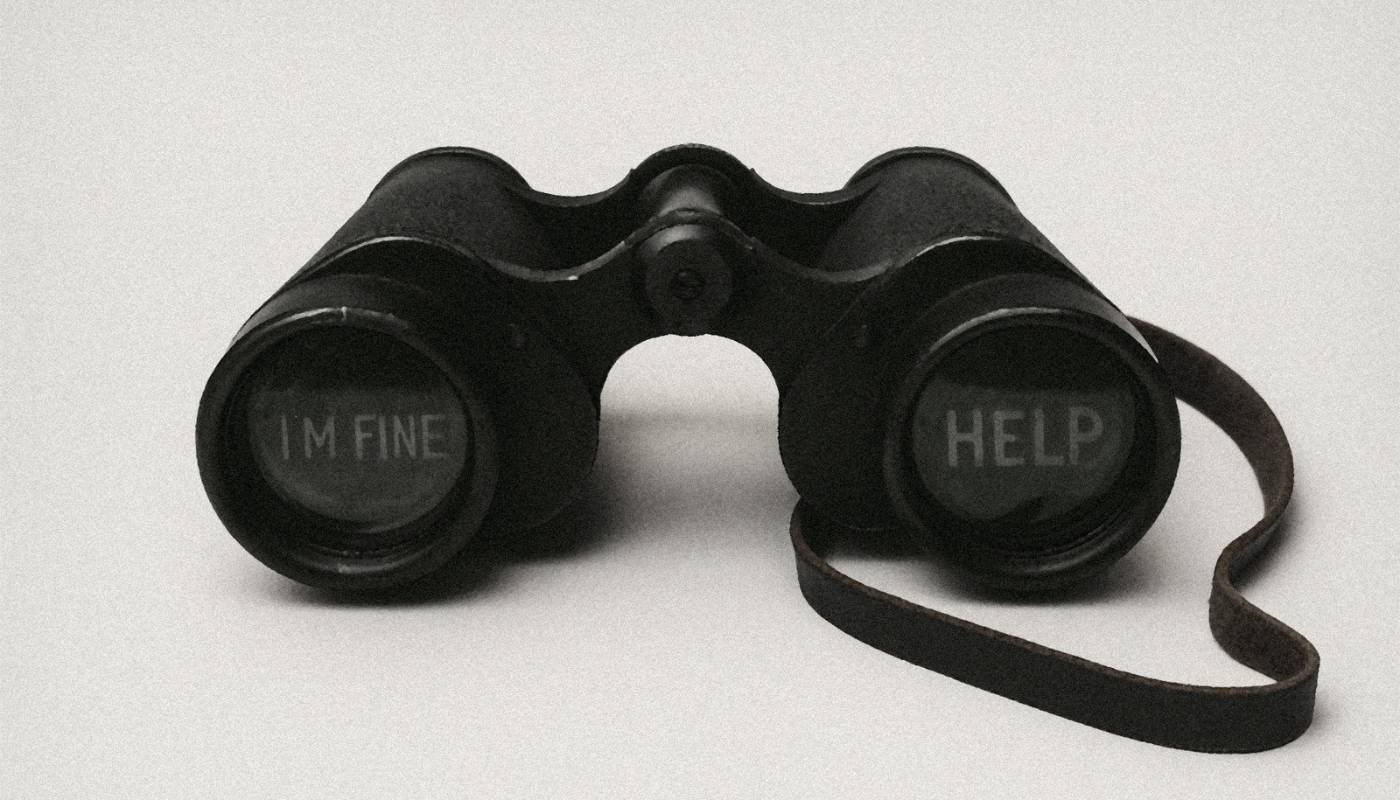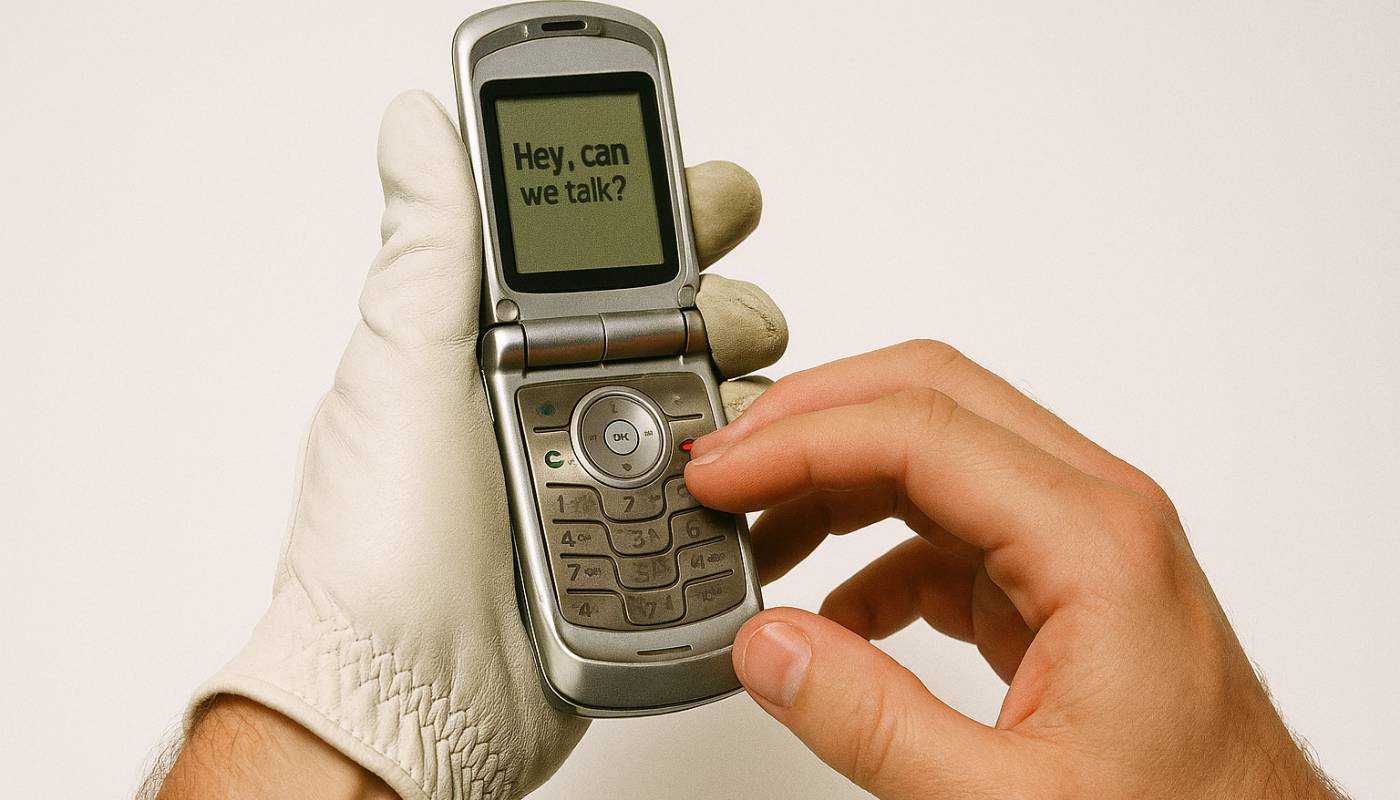You know that feeling when someone asks "How are you?" and you genuinely can't answer? Not because you're being evasive, but because you honestly don't know. Something's off, but you can't put your finger on what. Your emotional GPS seems to have lost signal somewhere between the morning coffee and right now.
Welcome to the club. Emotional clarity isn't something they teach you in school, and it's definitely not something that gets easier with age. If anything, life has a way of making feelings more complicated, not less.
This guide is for those moments when your internal weather feels a bit unpredictable, but you can't tell if it's drizzle or a real storm brewing.
Quick takeaways
- Feeling unclear about your feelings is completely normal. You're not broken or emotionally illiterate.
- Try naming it. Use a feelings wheel or just describe it out loud, however awkwardly.
- Start broad, then get specific. "I feel bad" might become "I feel overwhelmed and lonely."
- It's okay if naming doesn't solve everything. Sometimes clarity takes time.
- Small experiments help. Step outside, change rooms, try different music.
- Talk to someone. Even casual conversations can help untangle emotional fog.
- Be kind to yourself. Messy feelings deserve care too.
Why You Might Feel Foggy
Your brain is basically a very sophisticated computer that's running at least 47 different programmes at once. Work deadlines, family logistics, mortgage payments, that thing your friend said last week that's been niggling at you, plus the general background hum of existing in 2025.
When you're juggling this much, emotions often get pushed to the back burner. They don't disappear, they just get mixed up with everything else, like trying to follow a conversation in a crowded bar. Which is exhausting, obviously, but also completely understandable given how much your brain is trying to keep track of.
Add to that the fact that most of us weren't exactly raised to be emotional scholars. We learned to "get on with it" and "not make a fuss" and "there's no point worrying about things you can't control."
Sometimes the fog is just fatigue. Sometimes it's your brain's way of protecting you from processing too much at once. Sometimes it's the emotional equivalent of background noise—not particularly helpful, but not necessarily dangerous either.
The point is, feeling unclear about your feelings is perfectly normal. It doesn't mean you're broken or emotionally illiterate. It just means you're human, and humans are complicated. Which isn't exactly news, but worth remembering when you're being hard on yourself about it.
{{divider-main="/content-templates"}}
Try Naming It
Here's the thing about emotions: they get less overwhelming when you name them. It's like the difference between "something's wrong with the car" and "the car has low tire pressure." Still not ideal, but at least you know what you're dealing with.
Your brain has a built-in system for this. When you can put a label on what you're feeling, it actually helps regulate the feeling itself. There's real science behind this, but the basic idea is that naming emotions helps your brain organise them instead of just swimming around in them.
If you’re staring blankly thinking, “I don’t even know where to begin,” a feelings wheel can help. Think of it as emotional GPS for when you're lost.
What's a feelings wheel?
It's a visual tool that therapists often use to help people figure out exactly how they feel. Usually, the wheel has common, big-picture emotions at the centre (sad, happy, angry, scared). As you move toward the edges, those broad emotions break down into more precise ones (lonely, proud, frustrated, uneasy).
It's useful because sometimes you'll start at the centre thinking, "Yep, definitely sad," but when you follow the path outwards, you find something more accurate, like "discouraged" or "lonely." It helps you put your finger on feelings you might not have immediately recognised.
There’s no right or wrong way to use it. You can start from a broad emotion and work outwards, or jump around and see which words resonate. It’s perfectly fine—great even—to identify with multiple, conflicting feelings. Humans are complicated like that.
👉 Give this version of the wheel a spin
{{divider-main="/content-templates"}}
If Naming It Didn’t Help
If you tried naming it and still feel unclear, good news: that's allowed. Not every emotional state comes with a tidy label or an obvious next step. Sometimes you just feel off. That's still valid, and it's still worth paying attention to.
It might mean your brain's still catching up. Or that what you're feeling doesn't quite fit into a single word yet. That's useful to know in itself. You're not here to become an emotional detective or solve the mystery of your inner life in the next ten minutes.
You're here to slow down long enough to notice what's happening, without powering through on autopilot. Which is harder than it sounds, but also more valuable than you might think.
And if all you managed was to pause and pay attention for a minute? That's already a step in the right direction. Really.
{{divider-main="/content-templates"}}
What to do next
Emotions aren't always immediate or obvious. Sometimes they show up late. Sometimes they wear disguises. Sometimes they just loiter in the background, refusing to explain themselves.
That doesn't mean you're doing anything wrong. It just means you're in the middle of something worth paying attention to, even if you don't know what it is yet.
So if things still feel vague or half-formed, here are a few things that might help:
Try describing it out loud (even if it feels awkward)
Don't worry about making sense or sounding polished. Just say something simple like: "Honestly, I'm not sure what's up. I feel restless and tired, but also a bit flat?"
The point here isn't accuracy, it's giving your brain permission to begin sorting through the clutter. Sometimes hearing yourself say it out loud helps clarify what you're actually dealing with.
Ask a friend how they're feeling
This helps more than you'd think. Checking in with someone else about their day or week can help put words around your own mood. Not because it's a comparison or competition, more because conversations often help clarify how we actually feel.
Hearing their words can help you spot patterns, commonalities, or even contrasts with your own experience. Plus, it's a nice thing to do.
Try one tiny thing and watch what happens
Step outside for a few minutes, even if it's raining. Move to another room or another seat. Put on music that doesn't match your current mood. Send a message to someone you haven't checked in with lately.
These actions won't magically fix anything, but they might loosen something or help your feelings settle. Think of them as small experiments rather than big solutions.
Be kind to yourself
You don't need a perfect diagnosis or a neat summary to deserve some kindness. It's okay to feel messy, unsure, or a bit lost. Those are valid experiences, and they're precisely when a little gentleness goes a long way.
Rest, breathe, and remind yourself that foggy feelings deserve care too. You wouldn't be harsh with a friend who was struggling to make sense of their emotions, so try extending the same patience to yourself.
{{divider-main="/content-templates"}}
When to Get More Help
Sometimes emotional fog is just part of being human. But sometimes it's a sign that something deeper is going on that might benefit from professional support.
Consider talking to someone if:
- You've been feeling unclear or "off" for more than a couple of weeks
- The fog feels heavy or persistent most days
- You're having trouble sleeping, eating, or concentrating
- You're withdrawing from people or activities you usually enjoy
- You're having thoughts about hurting yourself
- People who know you well have mentioned you seem different
Where to get help:
- Your GP or doctor (they're trained in mental health, not just physical health)
- Local counselling services (many areas have self-referral options)
- Dedicated phone and online services
There's no shame in getting professional help to understand your emotional landscape better. Sometimes you need someone with proper training to help you make sense of what's going on.
{{crisis-main="/content-templates"}}
Where to Go From Here
If this helped you get a bit clearer:
🔗 The Golfer's Guide to Self Care
🔗 What to Say Instead of 'I'm Fine'
If you're still feeling stuck or overwhelmed:
🔗 How to Tell Someone You're Not OK
If this stirred up feelings you'd rather not deal with alone:
🔗 GET HELP
The fact that you're willing to pause and check in with yourself means you're doing something right. Most people don't even get this far. You're already looking after yourself, even if it doesn't feel like it yet.
If you have concerns about your mental health or well-being, please speak to a qualified health or mental health professional.
%20(13).avif)
.jpg)

.jpg)













.avif)